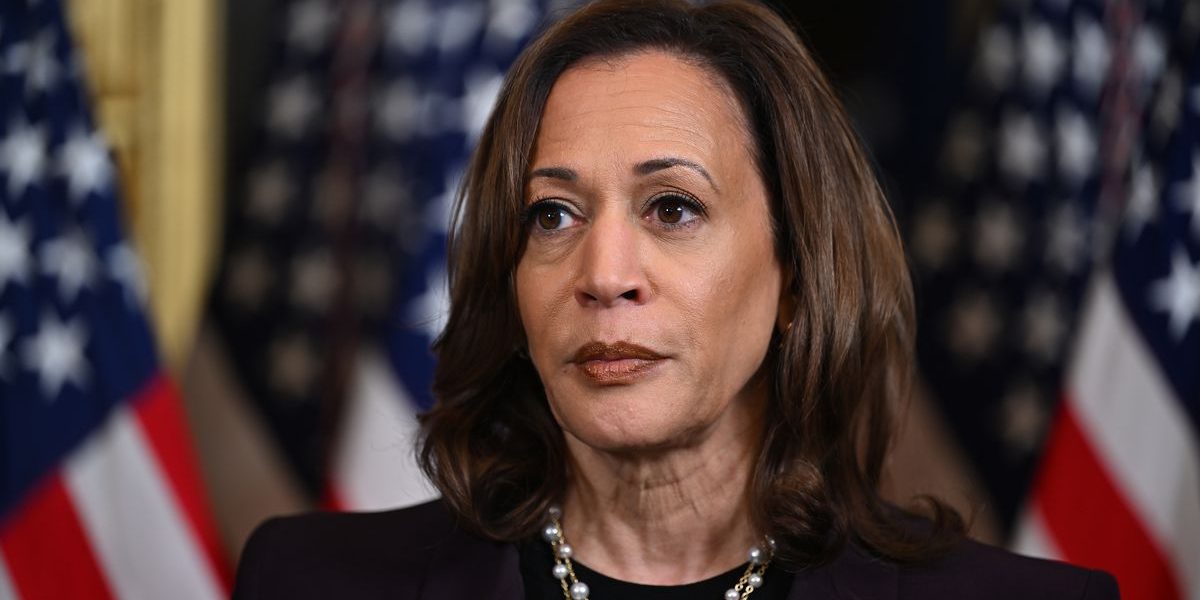Comment on X Rules Concerning Synthetic, Manipulated, Out-of-Context Media, with an Application to Elections
Meta, the company that owns Facebook and Instagram, requires that “manipulated media” be labeled as such and that context be appended to the post. In March, Google, which owns YouTube, announced a policy requiring users posting videos to disclose when “content a viewer could easily mistake for a real person, place, scene or event” is “made with altered or synthetic media, including generative A.I.”
This has left platforms like X responsible for coming up with their own rules around misinformation. According to X’s policies, synthetic, manipulated or out-of-context media that may deceive or confuse people is not allowed on the platform. X says that if the content has been significantly altered, manipulated or fabricated, then it first checks for overdubbed audio that changes the meaning or context of the media. Next, it considers the context, like whether it’s being presented as reality. And last, it determines if the content could lead to “widespread confusion on public issues, impact public safety, or cause serious harm.” X says that satire doesn’t violate the policy as long as it doesn’t “cause significant confusion about the authenticity of the media.” If you read these policies lightly it would suggest that Musk violated these rules.
In the past, Mr. Musk has said that X’s “Community Notes” feature should be used to alert the public to possible misleading information. Community Notes users, a select group that proposes and votes on such notices, debated Friday night if they should add one to Mr. Musk’s post.
It is one of the reasons why the law has not fully caught up with how artificial media can play a role in an election. Earlier this year, for example, a robocall that used AI to mimic President Joe Biden’s voice urged New Hampshire voters to stay home during the primary. And election officials are training for how AI could get in the way on Election Day or in the lead-up to it, while rules around AI disclosures in ads remain in development or pending votes.
The @MrReaganUSA Campaign Video: The Secret Life of a Social Media Superstar and the Rise and Fall of the American Dream
With 191 million followers, Mr. Musk is the most influential voice on the platform and, arguably, on all of social media, and he is able to make almost any content go viral simply by reposting it.
Two weeks ago, he endorsed Mr. Trump on X after the presumptive Republican nominee was wounded in an assassination attempt. That post has been viewed 218 million times.
In a post on Saturday afternoon, Mr. Musk used his account to boost a post by an anonymous user that said “wokeness is a threat to civilization.” It had been seen by 481,000 people within six minutes.
On Friday night, Mr. Musk, the billionaire owner of the social media platform X, reposted an edited campaign video for Vice President Kamala Harris that appears to have been digitally manipulated to change the spot’s voice-over in a deceptive manner.
The clip was edited to remove images of Mr. Biden and former President Donald J. Trump. The original, unaltered ad was released by the Harris campaign.
Mr Musk did not reply to the request. The @MrReaganUSA account is owned by a person named Chris Kohls, who did not reply to a query. In a statement, the Harris campaign said, “The American people want the real freedom, opportunity and security Vice President Harris is offering; not the fake, manipulated lies of Elon Musk and Donald Trump.”
Deep Fake Videos: Can We Survive Their Implications? A.I. Technology Threats to Elections and the Campaign for Fair Elections
Pro-democracy groups have raised increasingly urgent alarms about deepfakes, a broad term for digital content that employs artificial intelligence and other technology to create audio, video or images that spread false information and could influence voter behavior.
Voters in New Hampshire were told not to cast a ballot in the Democratic primary due to an A.I. technology call mimicking Vice President Biden. The political consultant who orchestrated the calls was later indicted on state charges of impersonating a candidate and voter suppression. During this year’s Republican primary, deepfake videos depicting former Secretary of State Hillary Clinton endorsing Gov. Ron DeSantis of Florida, or announcing his early withdrawal from the race, were rampant.
The Brennan Center for Justice said the most significant new threat to elections was the impact of generative A.I. and the Global Network on Extremism and Technology said it was already having a corrosive effect on the democratic process.
The Federal Election Campaign Act prohibits fraudulent misrepresentation of federal candidates or political parties, but the law, written in 1971, is ambiguous when it comes to modern technologies such as artificial intelligence.
Linda Yaccarino, X CEO, may have to squashing after her boss’s actions. X did not respond to the question of what Musk said in his post.
Musk responded to that post with a link to the original post of the digitally altered video that includes the parody label: “I checked with renowned world authority, Professor Suggon Deeznutz, and he said parody is legal in America.”


